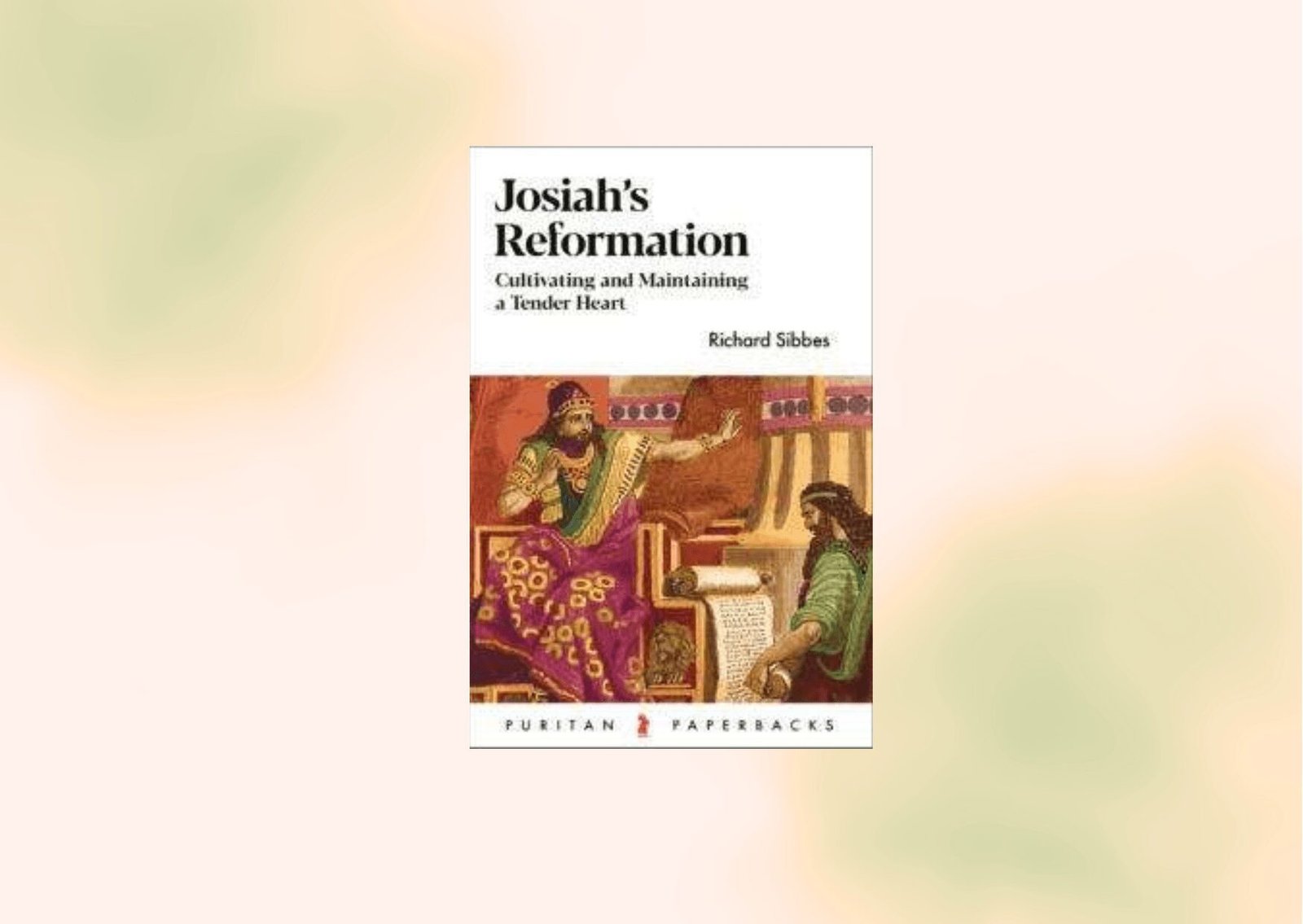Josiah’s Reformation:Richard Sibbes

Table of Contents
Introduction
“Josiah’s Reformation” is a classic work by the English Puritan preacher Richard Sibbes. Published in the early 17th century, the book explores the life and reign of King Josiah, a biblical figure known for his dedication to God and his efforts to reform the religious practices of his people. Sibbes uses the story of Josiah as a metaphor for the need for personal reformation and renewal in the Christian life. In this book summary, we’ll explore the key themes and insights of “Josiah’s Reformation,” and discuss how this classic work can help modern readers deepen their faith and renew their relationship with God.
The Need for Reformation
Sibbes begins “Josiah’s Reformation” by discussing the need for personal reformation in the Christian life. He argues that just as King Josiah recognized the need to reform the religious practices of his people, Christians must also recognize the need to reform their own hearts and minds. Sibbes believes that every Christian has areas of their life that need to be reformed – whether it be in their attitudes, behaviors, or beliefs. He emphasizes that this process of reformation is ongoing, and that Christians must constantly strive to grow and improve in their relationship with God.
Renewing Your Relationship with God
One of the central themes of “Josiah’s Reformation” is the idea of renewing your relationship with God. Sibbes argues that just as King Josiah rediscovered the importance of God’s law, Christians must also rediscover the truth and beauty of God’s Word. He emphasizes that the Christian life is not simply about following a set of rules or performing certain religious rituals – it’s about developing a deep, personal relationship with God. Sibbes believes that this relationship can only be developed through prayer, Bible study, and the guidance of the Holy Spirit.
The Importance of Repentance
Another key theme of “Josiah’s Reformation” is the importance of repentance. Sibbes argues that true reformation can only take place when Christians are willing to acknowledge their sins and seek forgiveness from God. He emphasizes that repentance is not simply about feeling sorry for your mistakes – it’s about turning away from sin and turning towards God. Sibbes believes that repentance is an ongoing process, and that Christians must constantly seek to align their lives with God’s will.
Overcoming Spiritual Obstacles
Throughout “Josiah’s Reformation,” Sibbes discusses the various spiritual obstacles that can hinder our relationship with God. He emphasizes that Christians must be vigilant against these obstacles, and actively work to overcome them. Some of the obstacles that Sibbes discusses include:
- Worldliness: Sibbes argues that the desire for worldly pleasures and possessions can distract us from our relationship with God. He emphasizes the importance of prioritizing our spiritual lives over our material desires.
- Pride: Sibbes believes that pride is one of the greatest obstacles to spiritual growth. He emphasizes the importance of humility and self-reflection in the Christian life.
- Doubt: Sibbes acknowledges that doubt is a natural part of the Christian life, but emphasizes that Christians must learn to overcome their doubts through faith and trust in God.
FAQs
Who was Josiah in the Bible?
AJosiah was a king of Judah who reigned from 640-609 BC. He is known for his reforms of the worship of God in Judah, which were the greatest since the days of Solomon.
What is the Book of the Law?
The Book of the Law is a term used in the Old Testament to refer to the law given by God to Moses on Mount Sinai. It is also referred to as the Torah or the Pentateuch.
What can we learn from Josiah’s reformation?
We can learn the importance of seeking God’s word, repentance, and following through on our repentance with action.
Conclusion
In “Josiah’s Reformation,” Richard Sibbes presents a powerful and inspiring account of King Josiah’s efforts to turn the people of Judah back to God. By seeking the word of God, repenting of their sins, and taking action to reform their worship, Josiah and the people were able to experience a renewal of their relationship with God. This book serves as a reminder of the importance of seeking God’s ways in our own lives and turning away from sin.
Quote
"God hath a hand in all our troubles. He is a wise physician, and knows what is best. Let us submit to Him in all things, and be willing to be at His disposal."
"Let us labour to be good, and to be growing better. He that is good will be better, and he that is growing better will be best."
"Those that would be found faithful must use all means to strengthen their faith."
"There is nothing more pleasing to God, nor more profitable to ourselves, than to confess our sins with a broken and contrite heart."
"God's mercy is infinite, and it is never too late to seek it."
Josiah’s Reformation
Richard Sibbes always sought to get under the superficial layer of his listeners’ behaviour and…



